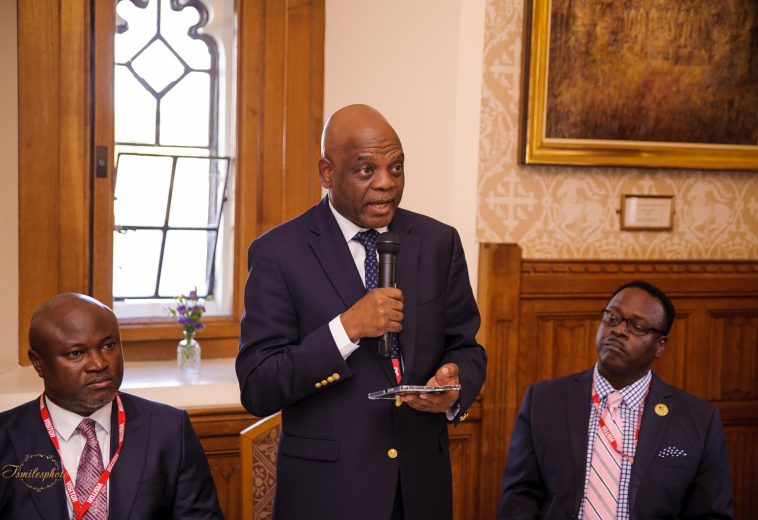Fashion in Africa is an integral part of the rich cultural heritage found across the diverse traditions within the continent. From the caftans of Morocco to the Dark Tropical styles of South Africa, African nations exhibit exquisite taste in fashion. Drawing influences from various sources—both global and intra-African—these fashion styles are making a significant impact on the global stage, redefining trends and influencing international fashion.
As previously mentioned, African fashion is shaped by a blend of global and intra-African interactions, largely due to globalization. While modernization has transformed the fashion industry in Africa, the sector has remained rooted in its historical origins, seamlessly blending contemporary fashion trends with traditional styles and fabrics. One such example is Ankara fabric, a traditional African textile that is increasingly being incorporated into modern designs by Nigerian and Ghanaian designers.
African fashion has also found its place in urban streetwear, particularly among young Africans in cities. These trends feature casual, comfortable clothing infused with cultural symbolism. African designers are incorporating motifs, prints, and storytelling into everyday wear, fostering cultural pride and personal identity on the global stage and presenting African imagery to a new generation of fashion enthusiasts.
Fashion brands and experts across Africa frequently use their work to promote sustainability and ethical practices. This is achieved by sourcing locally-made and organic materials, as well as supporting fair trade. The African Fashion Foundation in Ghana is one such organization dedicated to promoting sustainability within the industry by supporting designers who prioritise ethical practices and social responsibility.
African prints and textiles are a major source of inspiration within the fashion industry. Known for their vibrant colours and intricate designs, these textiles demand creativity in their application. Fabrics like Kente from Ghana, Shweshwe from South Africa, and Akwa ocha from Nigeria are not only setting new fashion trends but are also preserving the cultural heritage of their regions. Designers across Africa are using these materials to push the boundaries of conventional fashion, drawing international attention.
Traditional African fashion, long a tool for cultural expression, has seamlessly transitioned into modern fashion trends. African fashion often tells a story—be it about historical events, social issues, or personal identity—that is woven into garments and proudly displayed by the wearer. For instance, the beadwork in Maasai attire signifies social status and community belonging, much like the red cap in Igbo culture.
Social media has also played a pivotal role in shaping modern African fashion trends. Platforms like Instagram and TikTok have become essential spaces for showcasing African designs to a global audience. Fashion influencers, bloggers, and content creators use these platforms to share their styles and promote African brands. This not only helps local designers gain international recognition but also facilitates the exchange of ideas and trends between Africa and the rest of the world.
READ ALSO: Why Africa is becoming a hub for innovative fashion
African fashion trends reflect the continent’s richness in cultural diversity, creativity, and heritage. Despite challenges ranging from financial constraints to gaining global acceptance, African designers remain determined and innovative, striving to project Africa onto the world stage. With the help of social media and fashion events, the global fashion industry is increasingly paying attention to African fashion.
The future of African fashion is poised to be dynamic and increasingly influential on the global stage, as fresh perspectives and new trends continue to emerge. The unique fabrics and the ingenuity of African designers make the continent’s fashion scene a testament to its enduring creativity and cultural wealth.


















